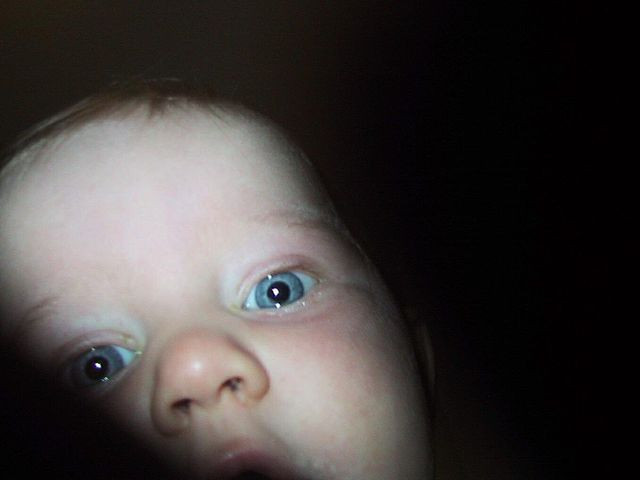Autism And Language Impairment Share A Genetic Link, But Not All Those With ASD Have Trouble Speaking

In a recent study, researchers discovered a disorder called ‘specific language impairment’— one of the most common developmental delays in children — may be caused by the same genetic variants that lead to language difficulties in some children with autism.
“There is nothing about autism that dictates that language impairment has to occur,” Dr. Christopher W. Bartlett, principal investigator in the Battelle Center for Mathematical Medicine at Nationwide Children’s and lead author of the study stated in a press release. “In this study, we demonstrated a shared mechanism between the two disorders.” The research has been published in the American Journal of Psychiatry.
Genetics of Language
For children with autism, language impairments can range from mild limitations to complete non-verbal behavior. Yet, language impairment is not a feature in all cases of autism. In fact, one-third of all individuals with an autism spectrum disorder possess normal or even exceptional language skills. Because of this, researchers hypothesized that they might be able to find the exact genetic variant causing language impairment by studying the genetic code of 79 families with a history of both conditions.
Performing their analysis, the researchers identified two genetic links for language impairment in these families: 15q23¬-26 and 16p12. Because both of these links are jointly related to language-impaired ASD and non-ASD related specific language impairment, the researchers believe there may be a single cause for both issues.
“A genetic cause of language impairment may help explain why some kids with ASD have language impairments and others don’t, as well as why some members of a family have language impairment only and others have ASD as well,” Bartlett stated in a press release.
Specific Language Impairment
Talking is considered a development milestone in babies, who usually begin learning language before they begin to actually speak. As early as six months, a child may speak her or his first word. Sometime between 18 months and two years a child begins to link a couple or more words together into phrases. Specific language impairment (SLI), which affects about seven to eight percent of children in kindergarten, delays a child’s ability to speak words. In fact, these "late talkers" may not produce any words until they are two years old.
A child with SLI may talk at age three, for example, but then they may have trouble being understood. As they age, they struggle to make conversation and even words. The hallmark of SLI — which is also called developmental language disorder, language delay, or developmental dysphasia — is difficulty using verbs.
As outlined by the National Institutes of Health, an example of a typical error made by five-year-old children with SLI is dropping the “s” from the end of present-tense verbs. Instead of “He walks the dog,” a child with SLI will say, “He walk the dog.” Another example: five year old children with SLI also have confusion around past tense verbs and asking questions. For instance, instead of “She ate the cupcake,” a child with SLI might say, “She eat the cupcake.” Instead of “Why does he like me?”, a child with SLI might say, “Why he like me?”
A speech-language pathologist can help a child with SLI by developing structured activities as well as recommending home materials. The cause of SLI is unknown, but because it runs in families, researchers assume there may be a genetic basis: more than half of children with SLI have at least one family member with the disorder.
Source: Bartlett CW, Hou L, Flax JF, et al. A Genome Scan for Loci Shared by Autism Spectrum Disorder and Language Impairment. American Journal of Psychiatry. 2013.
Published by Medicaldaily.com



























